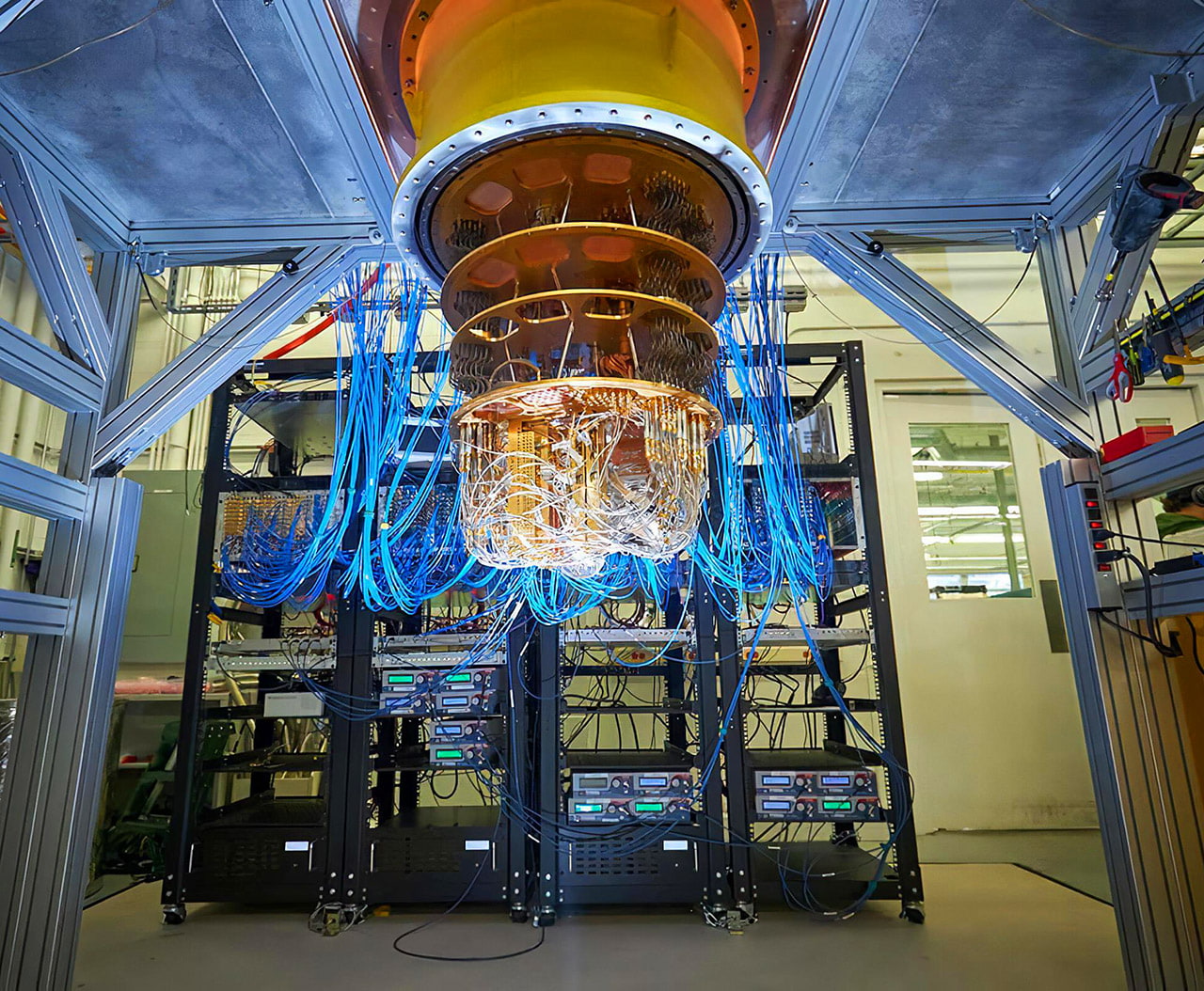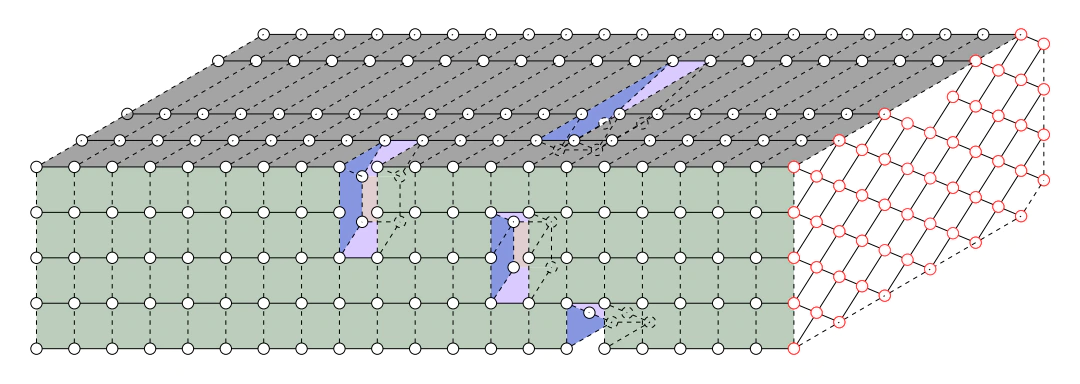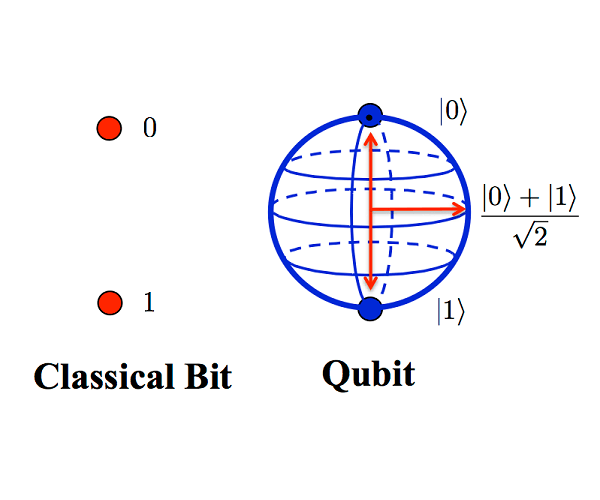A quantum computer is a device that can compute and run programs. But instead of using the traditional bits, which could either be 0 or 1, quantum computers utilize what's called the superposition and entanglement.
The idea here is that, using qubits (quantum bits) which can be either 0 or 1, or anything in between, operations can be done a lot more quickly than when using traditional computers.
At this time, the idea of quantum computing is still very new, but experiments have shown a lot of promises.
And Google, the tech giant that is among the pioneers in the field, has boasted what's called the 'quantum supermacy.'
What it is, is the experimental demonstration of a quantum computer's dominance and advantage over classical computers by performing calculations that were previously impossible at unmatched speeds. In theory, quantum supremacy is how problems can be solved much more quickly than when using any computer that exists.
But the Chinese has proven Google all wrong.

In a research paper (PDF), a team of scientists in China claim to have replicated the performance of Google’s Sycamore quantum computer using traditional computers.
This undermines the suggestion that Google has achieved quantum supremacy.
As first reported by Science magazine, the Chinese scientists used a system comprised of 512 GPUs.
The team that is led by statistical physicist Pan Zhang, then used the system to complete the same calculation developed by Google to demonstrate it had passed the quantum supremacy milestone back in 2019.
The team had to reconfigure the problem as a 3D mathematical array called a tensor network. This was required so the team's supercomputer could perform the calculation.
"The advantage of the tensor network method is we can use many GPUs to do the computations in parallel," explained Zhang.
In the end, Zhang said that his team’s supercomputer performed the calculation 10 billion times faster than what Google had thought possible.
What happened here was that, the low level of accuracy of Sycamore’s computation gave the Chinese team additional room for improvements.
The team minimized the accuracy target, and accelerated the calculation by hundreds of times, replicating the same level of performance the quantum machine had achieved.

Quantum supremacy can be defined as the point where quantum computers can outstrip the maximum potential performance of traditional supercomputers in a particular discipline.
When Google announced "quantum supremacy" in 2019 with its Sycamore quantum computer, the company said that it took it just 200 seconds to complete a statistical mathematics problem that would take a supercomputer 10,000 years to solve.
While that did happen, the thing is, Google was architecting a way to accentuate both the attributes of quantum computers, which exploit a phenomenon known as superposition to speed up the calculations.
In other words, the "problem" Sycamore solved was designed to be difficult for a conventional computer to solve, but created to be as easy as possible for a quantum computer to solve. The problem Google made, simply which manipulates qubits that can be set to 0, 1, or any combination of 0 and 1 at the same time.
Together, Sycamore with its 53 qubits was able to use its tiny resonating electrical circuits made of superconducting metal, to encode any number from 0 to 253 (roughly 9 quadrillion) or even all of them at once.
For a traditional computer, this is extremely difficult.
This was why the quantum computer won, and the traditional computer lost.

In the world where researchers are pushing the boundaries of traditional computing by creating smaller and smaller chips, the limit is certain.
Quantum computers are often regarded as the future of computers. Many researchers suggest that quantum computers could soon replace traditional computers, as long as quantum supremacy is reached.
And this time, the scientists from China managed to prove that Google never really reached quantum supremacy like it claimed it had.
The researchers from China weren't the only people who questioned Google's quantum supremacy claims. The loudest critic, was IBM.
Quantum computing does progress a lot over the years. However, it is expected that its milestone may fall sooner rather than later.
This is because the players in the industry is extremely scarce.
And then, there is the fact that the development of quantum computers require a lot of investment, and that even when governments have started to pour in money to help projects, increasing works are needed to improve the performance of quantum computers by increasing the number of qubits.
This is why some researchers are also investigating opportunities related to qubit design, which pair quantum computers and classical computers, as well as developing more enhanced refrigeration techniques and more.